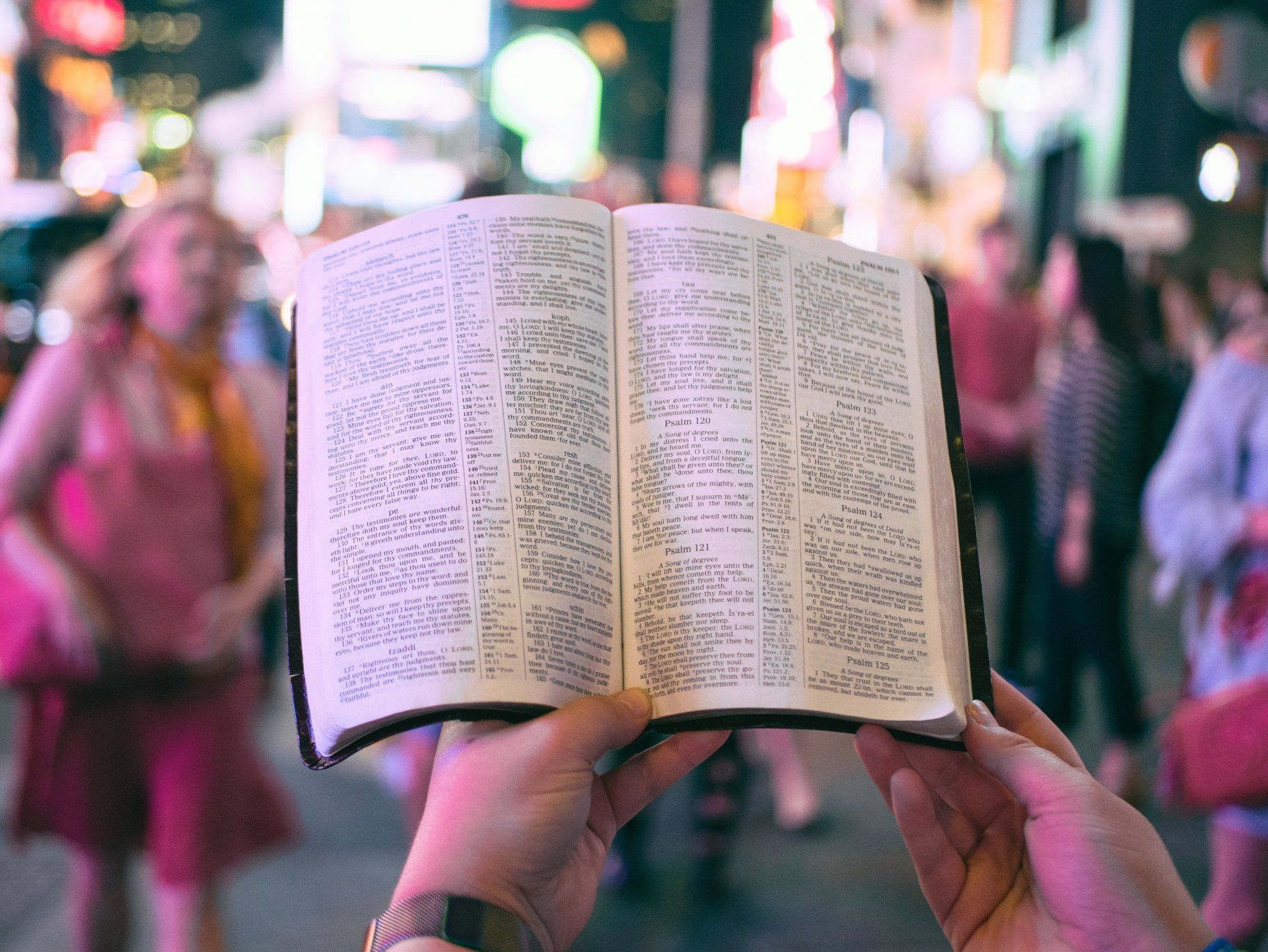Servant or slave? The challenge of obedience.

I am currently wrestling with what it means to be obedient. Two years ago, after I was diagnosed with advanced inoperable cancer, God rescued my life from the pit and gave me a piece of scripture which is now written on my heart. In the depth of my darkness, a single line from Psalm 118, kept on surfacing repeatedly in my life, ‘I will not die but I will live and declare the works of God.’
And God was as good as his word, I did not die. In fact I more than simply survived, I have thrived, having come closer to God than I ever could have imagined. But now that I am back on my feet again, he has work for me to do – I must declare the works of God.
The problem is that, like most scripture, this is open to interpretation, and therein lies the challenge. It is all too easy for me to interpret this to meet my own desires. In many ways you could say that I am already declaring the works of God, through my books, preaching and media work – activities that are within my comfort zone. But as I have recovered my strength I have that nagging sense that he is still waiting for me to truly obey his command, to be truly led by his Word and Spirit.
The other day I preached on the words we use to describe our relationship with God. Jesus says that we should call him Father, or even use the word’ Abba’ as he did, a word that is so intimate it is almost like saying Daddy, or Pappa. But there are other words that are far less comforting in the Bible.
The word King and Kingship for example are commonly applied not only to the anointed kings but also to God. In fact, many theologians regard the concept of the Kingship of God as an organizing theme for all of scripture. And of course the word Christ is a translation of the Hebrew for Messiah (the anointed one). The angel who spoke to Mary said ‘The Lord God will give him the throne of his father David, and he will reign over the house of Jacob forever; his Kingdom will have no end.’ (Luke: 1 3-33)
In our country today, the power of our royalty is largely symbolic – our Queen is seen as a symbol for national unity. She has the right to be consulted and to ‘advise and warn’ ministers and her residual ‘royal prerogatives’ including the power to enact legislation, to award honours (on the advice of the Prime Minister), to sign treaties and declare war but these things are largely enacted through the government of the day. Imagine how the country would react if the queen declared war without the backing of Parliament!
So her power is limited by the constitution but the people of Britain are not citizens, they are still subjects of the monarch. And to be a subject means to be placed under authority or control as a vassal – the meanings of which include the word ‘slave’, a far less comfortable word.
I am sure that most of us would bridle at the idea that we are sales to anything. Most of us are probably more comfortable with the idea of service or servanthood, which implies some level of choice. As Christians, our lives are often marked by service to others, to the Church and to God – and we embrace the idea that we are God’s hands and feet.
But how do we feel about being a slave? It is one thing to decide to serve another, but how do we feel about the idea that our lives not being our own, of being completely owned and giving up our control to God. How does that fit with the modern day focus on independence and what we know of slavery?
Perhaps that depends upon the type of King we are enslaved to. For thousands of years, the world has thrown up a terrible array of warring despots and rulers who would enslave people to build their own power. But in the person of Jesus, God overturns preconceived ideas about Kingship. Here was a King who was willing to challenge social convention and expectations by allying himself with the least in the land, and who came not as a conquering monarch but as an embodiment of peace. A different kind of King.
The reality is that we are all slaves to something. If we are honest with ourselves for most of us there is something that will overcome our will power. For some it might be smoking, others eating or drinking, for even sex. For others it might be that willful sense of independence, that determination to rely upon our own understanding.
Most of our failings are probably seem fairly innocuous except that when we cede control to anything, we have become slaves to sin and that sin – by its definition – is what separates us from God.
But Jesus offers us a glorious alternative – as slaves in his Kingdom. He urges us to take his yoke – a symbol of slavery – upon us. To give over our very being to him, to be give up our lives to his control - even when this takes us way out of our comfort zone- for his yoke is easy and his burden is light. And then, in this total obedience, we will be finally be released from the terrible burden of slavery to sin, and will find rest for our souls.
Kate Nicholas's latest book Sea Changed is available at Christian books stores and Waterstones throughout the UK and online at eden.co.uk and Amazon worldwide.
